Reasons Your AC Stopped Working Over the Winter
It might not be AC season yet, but mild weather will soon give way to summer heat. With that, sometimes older ACs work differently than expected when they haven’t been turned on in a while. We explore seven possible reasons and easy ways to prepare your air conditioner for spring and summer use.
7 Reasons Your AC Isn’t Working After the Winter
Any appliance that sits dormant for several months, such as an air conditioner, may have an issue when turned on again. Here are some reasons your AC stopped working over winter:
1. Tripped Breaker
Power surges after a storm or using too many appliances simultaneously can trip breakers. Check the electrical panel and if the air conditioner switch is in the ‘off’ position, turn it to ‘on.’ But, if the AC circuit trips multiple times, turn it off and instead call an electrician. It’s usually a sign the circuit is overloaded and could cause an electrical fire if turned on.
2. Emergency Power Cutoff Switch
The air handler, found inside your home, and the condenser unit, located outside, both have emergency power cutoff switches. These are meant to be flipped in an emergency, such as an electrical issue. But if you or someone else was around either part of the AC, cleaning up the yard around the condenser, the switch might have been turned off by accident.
 3. Weather Damage
3. Weather Damage
It doesn’t take a raging storm to cause damage to the condenser located outside of your home. Winds can blow leaves, twigs, and other small debris into the unit, which clogs drains, filters, and fan blades. Since most AC systems have many automatic shutoff points programmed, if the condenser fan blades are jammed, the entire system won’t turn on.
4. Blower Motor Failure
The blower motor works year-round to help provide heating and cooling to your home. It receives power from the capacitor, which charges the motor. If your HVAC system is old or hasn’t had consistent tune-ups, the capacitor and blower motor could fail after moving warm air all winter.
5. Refrigerant Leak
Although a refrigerant leak can cause the coils to freeze, it’s more likely to cause the AC to blow warm air. Without enough refrigerant in the coils to cool the inbound warm air, the system can only blow the same warm air back into your home. The leak should only be repaired by a trained HVAC technician since it requires recharging the system’s refrigerant.
6. Clogged Condensate Line and Drain Pan
If you or an HVAC technician didn’t clean the condensate line and drain pan after last season, it could be clogged with gunk. Most air conditioner systems have an automatic shutoff feature when these block up.
 7. Clogged Air Filter
7. Clogged Air Filter
No matter how much your furnace worked during the winter, the air filter worked even more. If you have yet to look at or change the filter since before the winter, chances are it’s, at minimum, quite dirty, if not clogged. Without adequate airflow into the system, the coils freeze up, and the AC won’t turn on.
4 Ways to Prepare Your AC for Spring
1. Clean debris around the condenser
Even if your condenser is tucked away during the winter with a cover, it’s essential to clean away debris. Use a brush or broom to gently wipe down the condenser sides and a dustpan or bag to collect fallen debris. It’s recommended to keep at least two feet of unobstructed space around the condenser, so trim back encroaching bushes, plants, and trees.
2. Change the air filter
As mentioned before, the air filter plays a huge role in a functional air conditioner. At a minimum, change the filter every three months, but sooner is better, such as bi-monthly. Set a calendar reminder in your phone, and your AC will thank you with comfortable indoor temperatures during the heat of the year.
 3. Test Your Thermostat’s Cool Setting
3. Test Your Thermostat’s Cool Setting
This simple step is a great way to ensure the air conditioner is ready for spring. Turn the thermostat from heat to cool and wait for the system to switch over. After a few minutes, check an air vent for cool air — if it is, great! If not, something’s wrong with the air conditioner. Or, if the AC doesn’t turn on at all, that’s a surefire sign there’s an issue for your HVAC technician.
4. Schedule a tune-up
Bi-annual HVAC tune-ups are the best way to ensure your air conditioner turns on this spring. During this system check, an HVAC technician inspects the air handler, condenser, and all inner workings for visible and potential issues. They’ll also offer solutions meant to improve efficiency, which saves you money in the short- and long term.
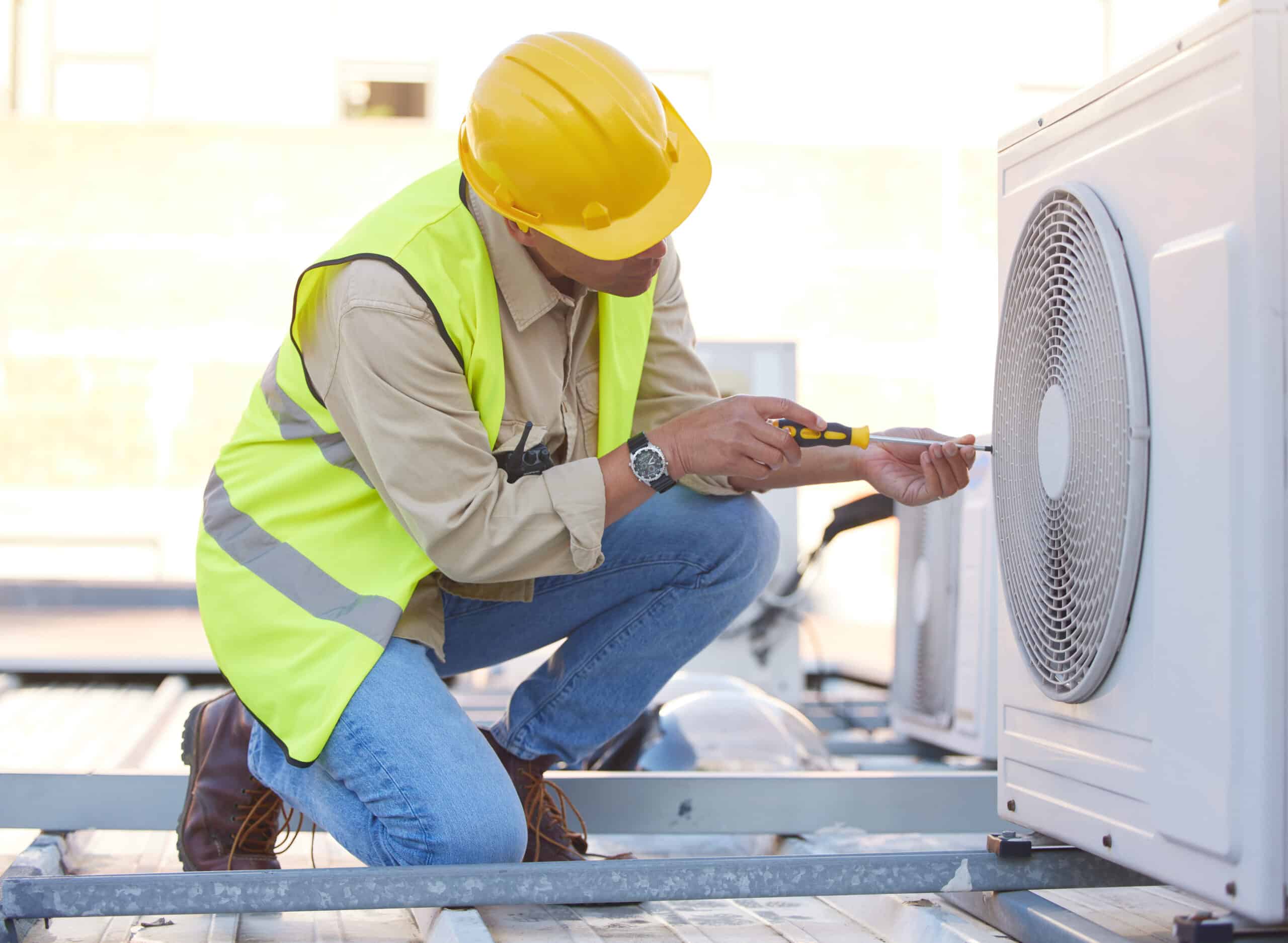 If your air conditioner doesn’t turn on after its winter hibernation, you know seven possible causes to look for. And if it does, it’s time to get it ready for the spring and summer to come!
If your air conditioner doesn’t turn on after its winter hibernation, you know seven possible causes to look for. And if it does, it’s time to get it ready for the spring and summer to come!
Looking for AC repair or maintenance? Contact Service Champions!
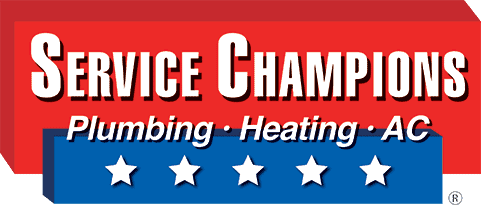
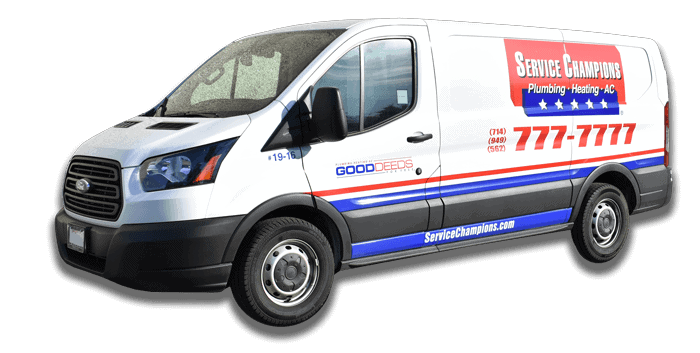
 3. Weather Damage
3. Weather Damage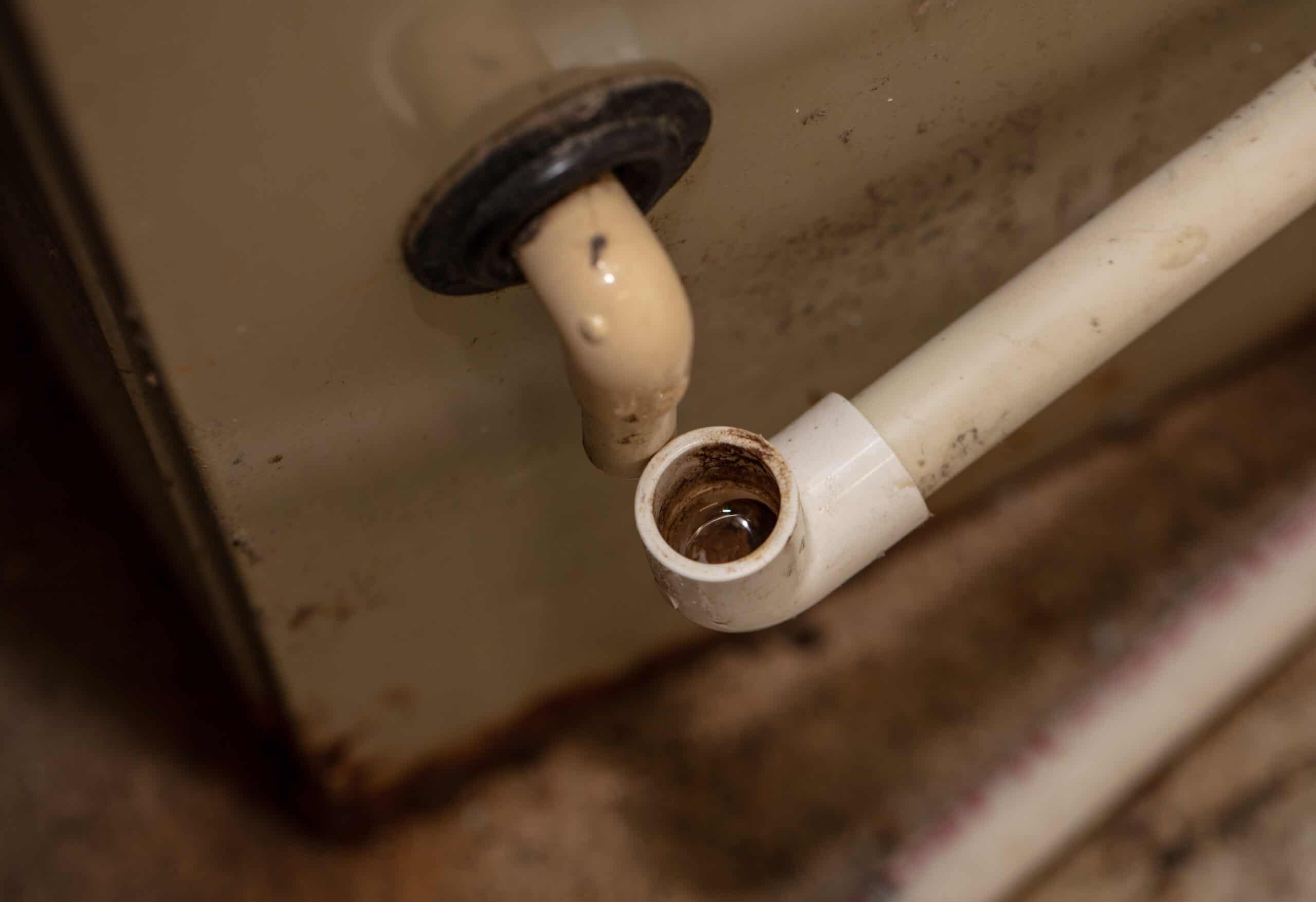 7. Clogged Air Filter
7. Clogged Air Filter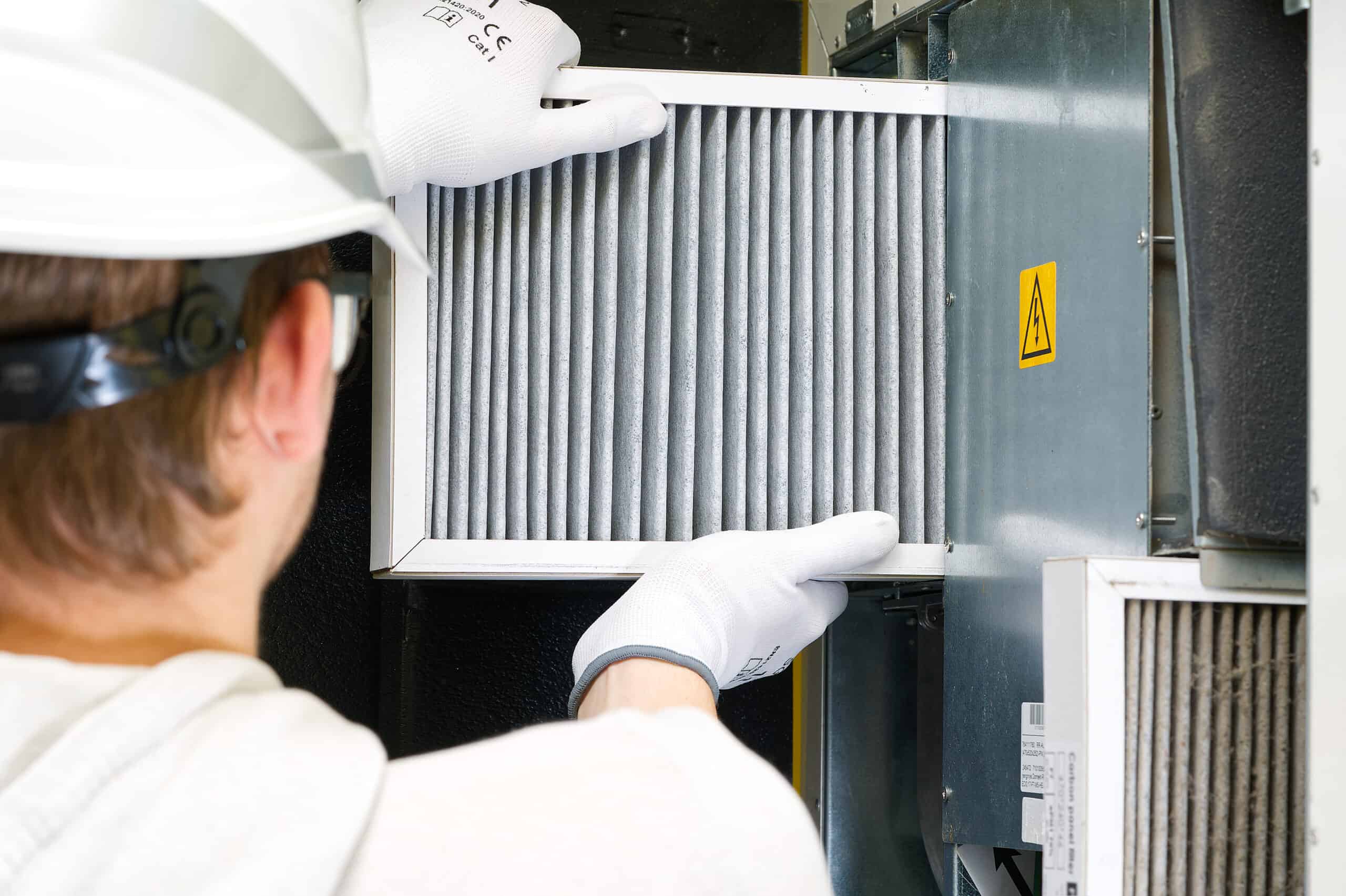 3. Test Your Thermostat’s Cool Setting
3. Test Your Thermostat’s Cool Setting